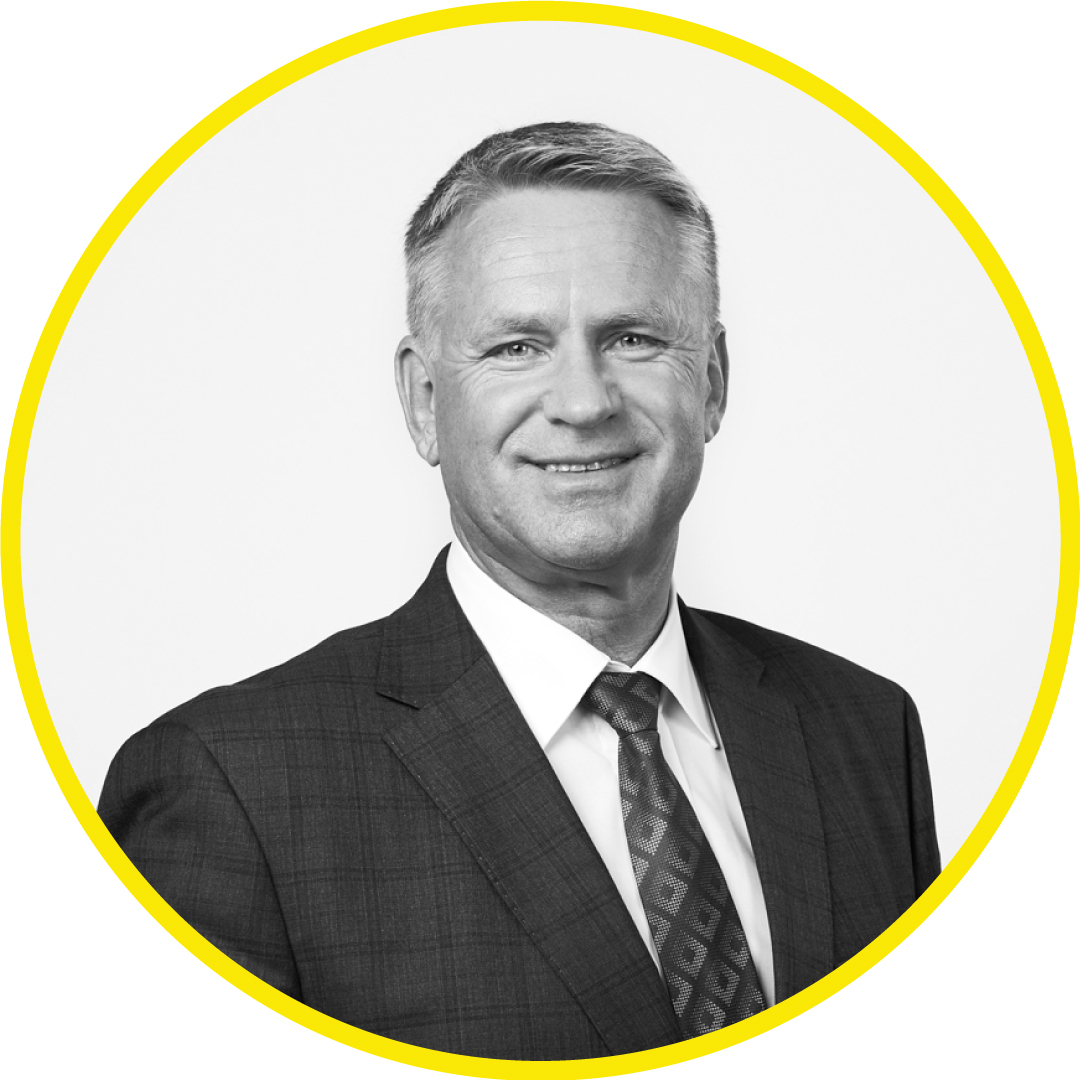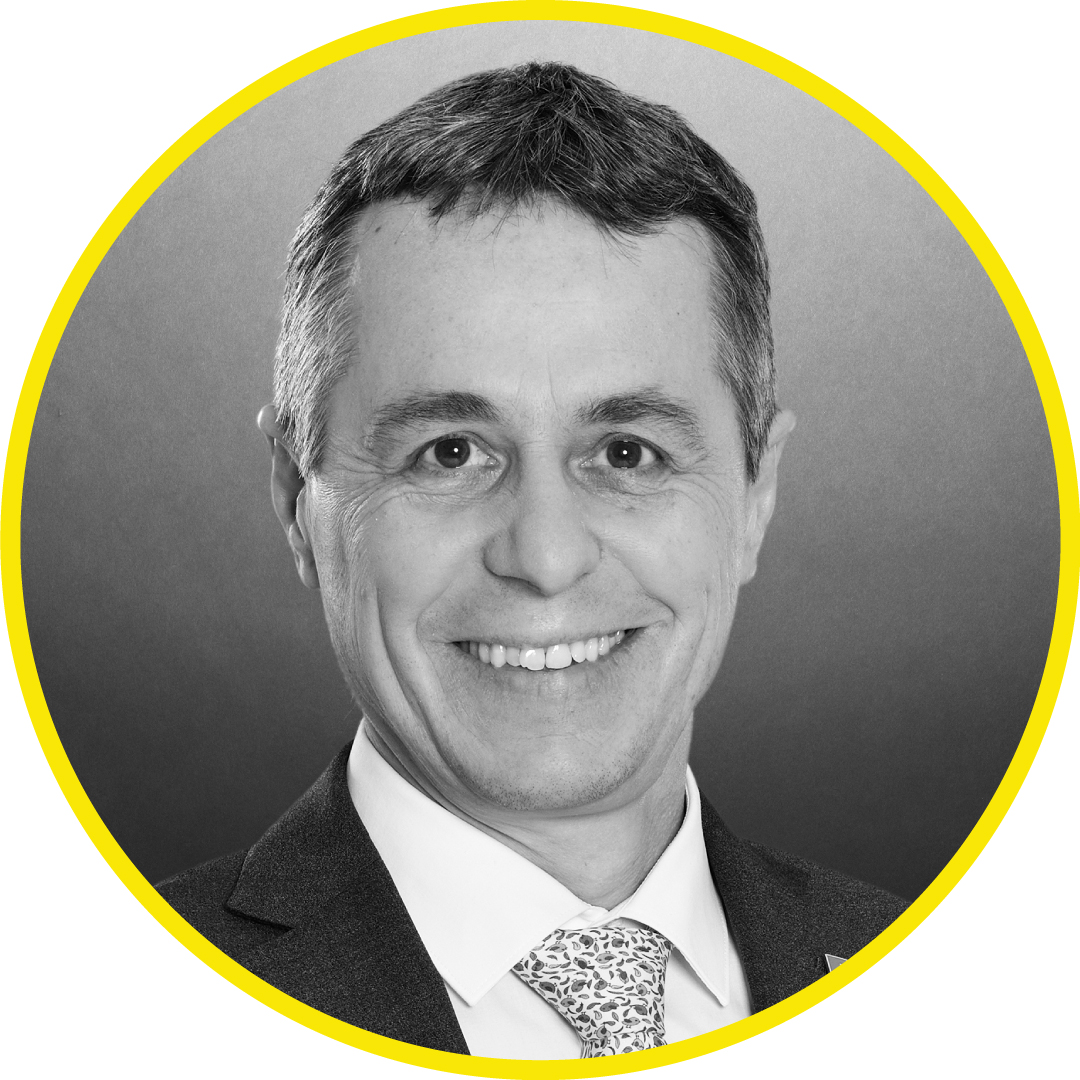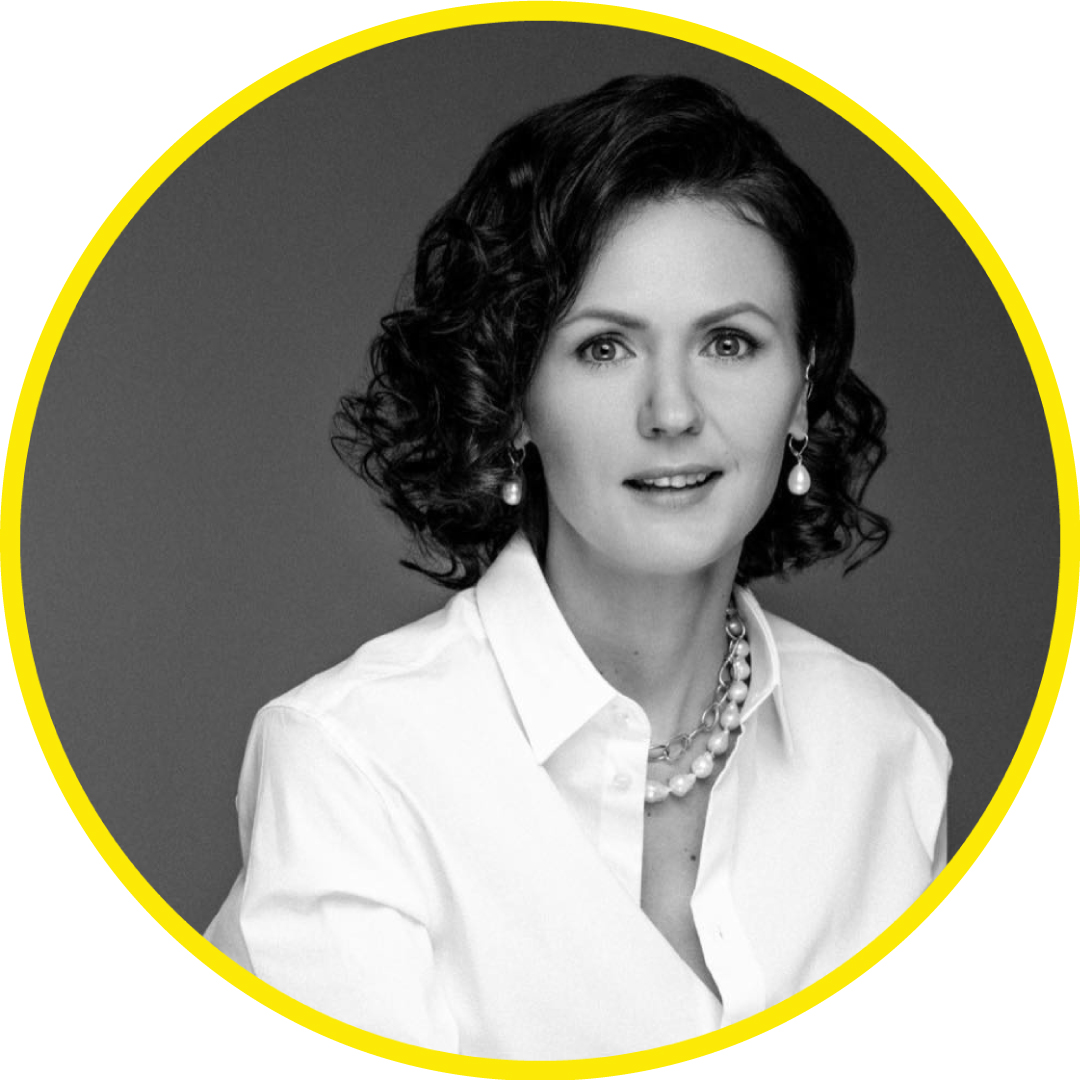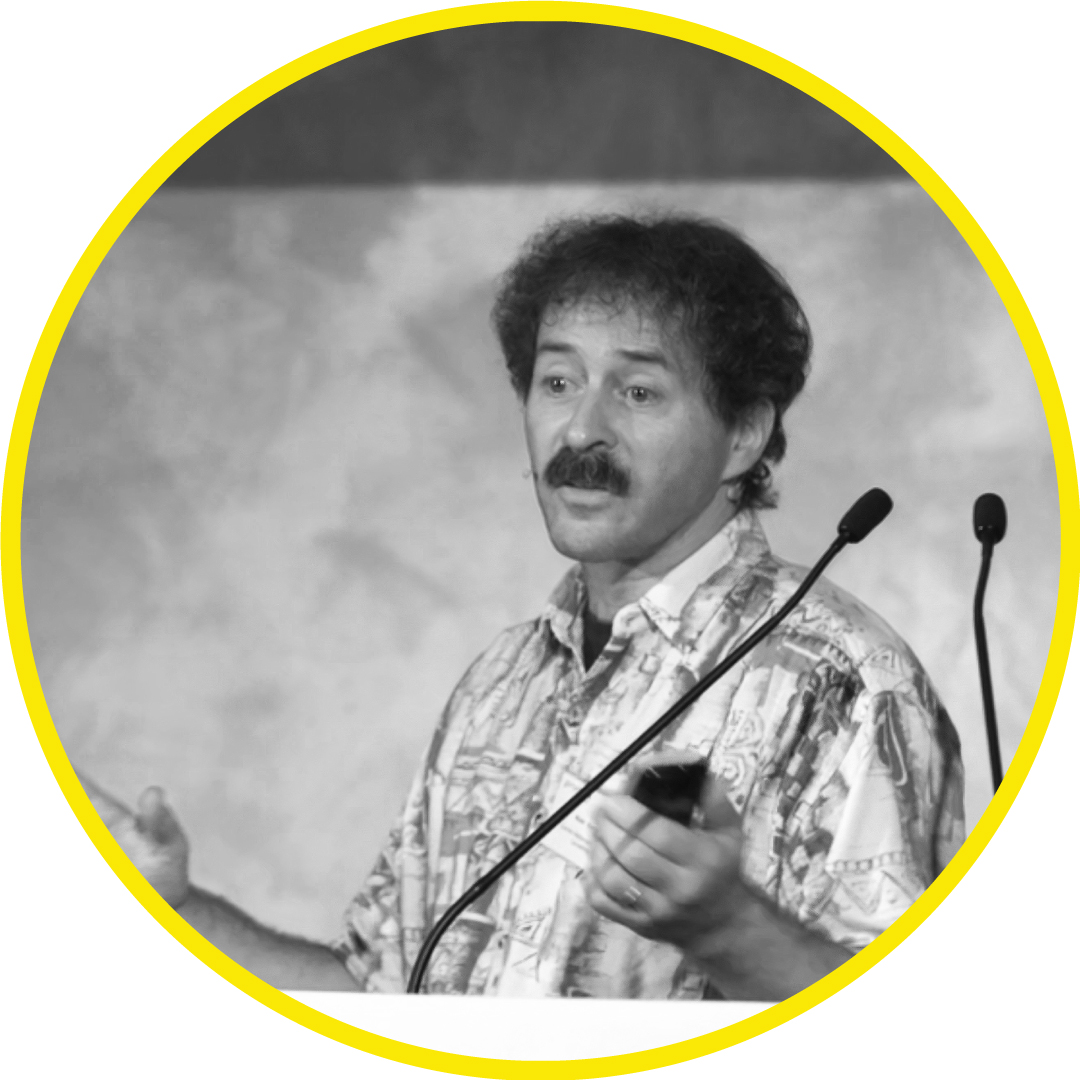The international online Digital Transformation in Culture conference took place on July 6th, 2021 with the participation of a range of culture professionals from world-renowned organisations and projects.

The international online Digital Transformation in Culture conference took place on July 6th, 2021 with the participation of a range of culture professionals from world-renowned organisations and projects.
As speakers acknowledged, digital development is not set by the availability of the latest, most up-to-date technology, but by how these are used. Furthermore, organisations should develop a digital strategy for the whole company, not merely within the digital department. Organisations must dare to risk and should act innovatively, allowing themselves to step out of their comfort zones. The options offered by digitalisation allow the expansion of audiences not just numerically, but also regionally and demographically, often reaching audiences who have found it more difficult until now to access physical cultural spaces.
To learn more about the conference, you can read the summary press release HERE.

The Minister of Culture of Latvia

Swiss Minister of Foreign Affairs

Executive Director, Riga Jurmala Music Festival
11:15 DISCUSSION
Speakers joined by Raimonds Aleksejenko, Deputy State Secretary, Ministry of Economics of Latvia, and Uldis Zariņš, Deputy State Secretary for Cultural Policy, Ministry of Culture of Latvia.

Ph.D., Operations and Development Director, EPFL – Cultural Heritage and Innovation Center (CHC) (Montreux Jazz Digital Project)
12:30 DISCUSSION
Speakers joined by Gundega Laiviņa, Curator of Performing Arts, New Theatre Institute of Latvia, and Timurs Tomsons, Director of the Great Amber concert hall.
13:45 DISCUSSION
Joined by Sandis Voldiņš, Member of the Board, Latvian National Opera and Ballet, Ieva Irbina, Chairperson Of The Board at Hanzas Perons, venue for culture, music and art.
The Digital Transformation in Culture conference was organised by the Riga Jurmala Music Festival with financial support from the Embassy of Switzerland in Latvia and the Society Integration Foundation from state budget funds issued by the Ministry of Culture.
